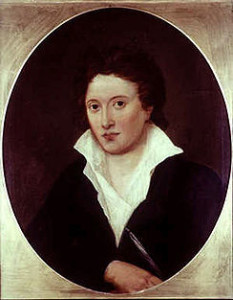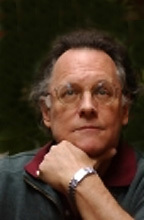
As the information age and big data colonize everything in life – expanding now into reality itself – we face an erosion not only of privacy but of choice. Even as we think we have greater choice and power, really important choices and power are being subtly stolen from us by folks who don't want us to know or do anything about it. We need to take back our lives while we still can.
“Dark Google”, privacy and power
Dear friends,
Sir Francis Bacon and Thomas Hobbes told us that “Knowledge is power.” We need to integrate their insight with Sir John Acton's observation that “Power tends to corrupt, and absolute power corrupts absolutely.”
In this runaway Information Age we need to realize that one-way concentrations of knowledge power are dangerous when they are not answerable, not responsive to oversight and feedback. The article below, “Dark Google”, makes this point powerfully regarding Google and the NSA. The author, Harvard's Shoshana Zuboff, is eminently qualified to issue this warning.
Continue reading “Tom Atlee: “Dark Google,” privacy and power”






